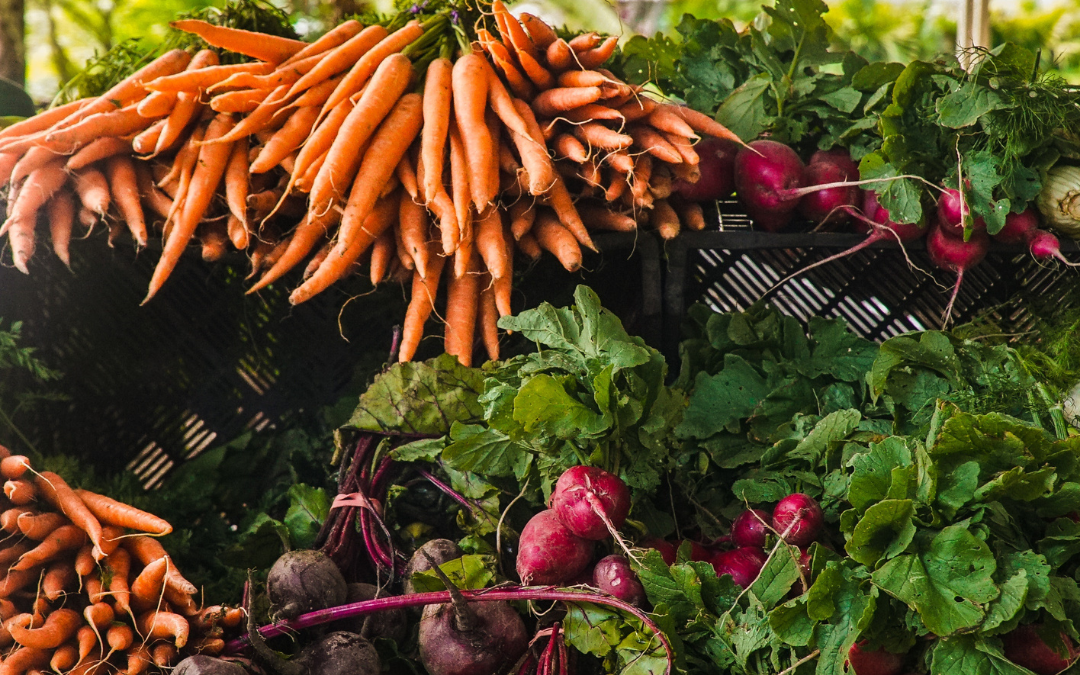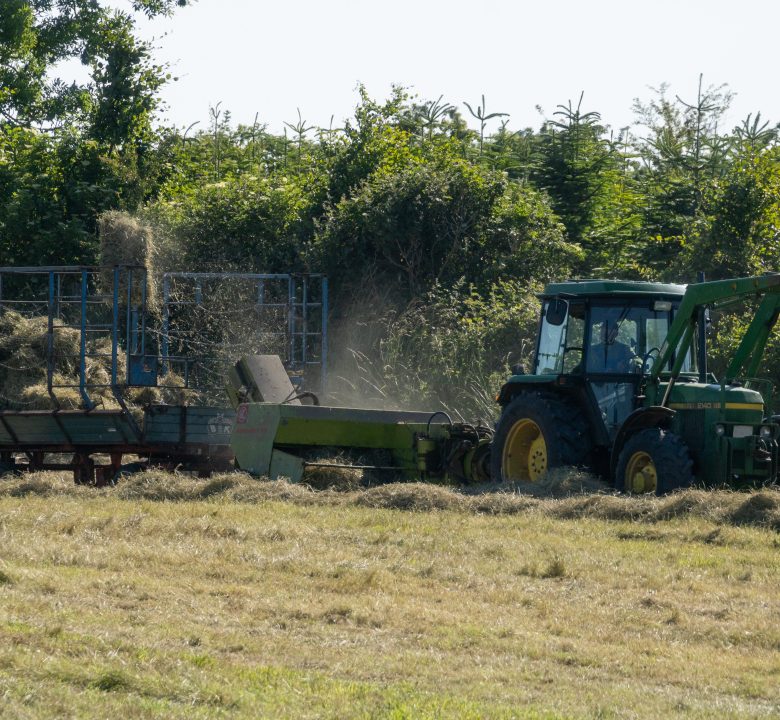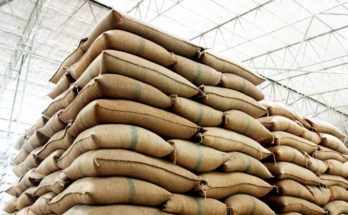
Africa’s Agriculture Heritage: A Look at the Future
February 6, 2023
Agricultural Waste Solutions: An Overview
February 7, 2023Indeed, food security is a major concern for many African countries, as it has a direct impact on the health, nutrition, and economic well-being of its citizens. The lack of food-security can lead to widespread hunger, malnutrition, and poverty, which in turn can result in lower productivity, reduced economic growth, and increased health problems.
To address these challenges, African countries have adopted a number of initiatives to improve food availability. For example, many countries have focused on increasing agricultural production by investing in research and development, improving infrastructure and access to markets, and supporting small-scale farmers.
In addition, many African countries have implemented food-based safety nets, such as school feeding programs, food-for-work programs, and cash transfers, to provide a basic level of security for the most vulnerable populations. The aim is to ensure that everyone has access to enough nutritious food to lead a healthy and productive life.
Another important strategy is to reduce the vulnerability of communities to food price volatility by improving market information systems and strengthening regional food market integration. This helps to stabilize food prices and reduce the risk of food shortages during times of crisis.
The Importance of Food Security in Africa
Security of food is a complex issue that goes beyond just having enough food to eat. It involves having access to food that is both nutritious and culturally acceptable, as well as the ability to acquire it in a stable and predictable manner. Without food security, individuals are at risk of malnutrition, disease, and decreased quality of life. At a larger scale, food insecurity can lead to social and political instability, hindering economic growth and development.
For African countries, this issue securing food is particularly critical as many face high levels of poverty, with a significant portion of the population relying on agriculture for their livelihoods. Furthermore, the continent is prone to environmental disasters, including drought and flooding, which can severely impact food production and distribution.
Current Food Security Policies in Africa
In order to address the security of food in Africa, various countries have implemented policies aimed at increasing food production, improving access to food, and reducing food price volatility. Some of the most common policy measures include:
Agricultural Investment
One of the key areas of focus for food security policies in Africa is increasing agricultural investment. This includes supporting small-scale farmers, providing access to financing, and investing in infrastructure and technology. By increasing agricultural production and efficiency, African countries can improve food availability and reduce prices for consumers.
Food Price Stabilization
Another area of focus for food security policies in Africa is reducing food price volatility. This can be achieved through a variety of measures, including food reserves, price subsidies, and market information systems. By stabilizing food prices, African nations can reduce the impact of food price spikes on consumers, especially those living in poverty.
Improving Food Access
In addition to increasing food production and reducing price volatility, African countries are also focused on improving access to food. This can include initiatives such as food fortification, nutrition education, and social safety nets. By improving access to nutritious food, African nations can address malnutrition and ensure that their populations have the energy and resources necessary to lead healthy and productive lives.
The Impact of Current Food Security Policies in Africa
While African countries have made progress in addressing food securing, challenges remain. Despite increased agricultural investment, food production in many countries remains low, and food prices remain high. In addition, many African countries continue to experience food price volatility, which can impact food security for those living in poverty.
One of the challenges facing food security policies in Africa is the lack of coordination and cooperation between nations. In order for food security to be achieved at a continental level, African countries must work together to share resources, information, and best practices.
Another challenge is the limited availability of financial resources for securing food initiatives. Many African countries are struggling to fund the necessary infrastructure and technology investments, as well as social safety nets and food reserves. Without sufficient funding, it will be difficult for African nations to fully implement and sustain their food security policies.
Conclusion
Food security is a critical issue facing many African countries, and requires a comprehensive and integrated approach to address. While current food security policies in Africa being developed by the World Bank, OECD and the ICRC are designed to address the estimated 346 million people affected by the food crisis providing financial and infrastructure support.
If you are seeking funding, business support or consulting to start your AgriBusiness in Africa, we are here to help! We are passionate about seeing African businesses by Africans thrive in Africa. Lets secure Africa’s future together. Click here to get started.




